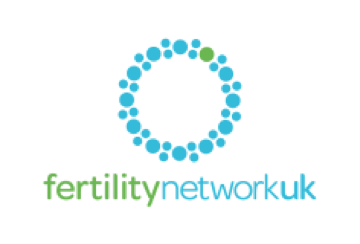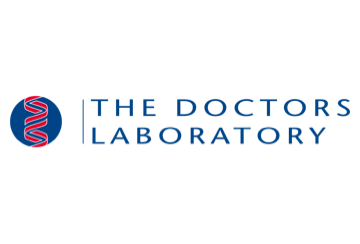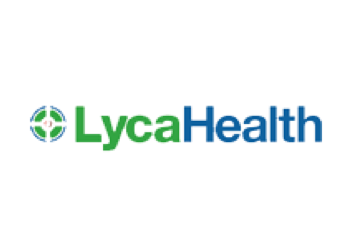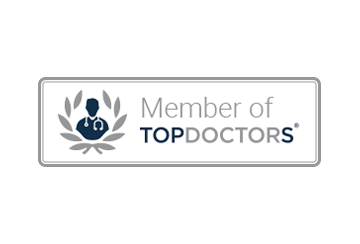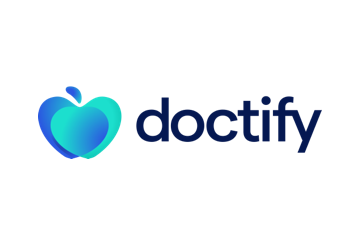What To Avoid During Egg Freezing To Ensure Optimal Egg Quality | IVF Matters
If you’re considering freezing your eggs, you might be wondering what the process involves and how it will impact your daily life.
For instance, are there any foods or activities you should be avoiding and is there anything you can do to boost your health before starting the process?
In this article, we’ll take a deep dive into all of the do’s and don’ts of your personal health, highlighting what you’ll need to be mindful of during the egg-freezing treatment to boost the quality of your eggs.
Which factors can impact egg freezing success?
The most important factor that affects a woman’s overall fertility is her age.
Women are born with all the eggs they will ever have and, as they age, the quantity and quality of those eggs decline. Peak fertility happens between the ages of 18 and 29, with a woman’s fertility declining throughout her thirties. So what age is best to freeze your eggs?
Ideally, the earlier the better, but we recognise this isn’t always possible. That’s why we recommend having your eggs frozen no later than age 38, as statistics show that live birth rates significantly decline after this point.
Another critical factor affecting your egg-freezing success is your ovarian reserve — a key indicator of your reproductive potential, based on the number and quality of eggs.
Women with a lower ovarian reserve may struggle to retrieve enough eggs without undergoing multiple egg-freezing cycles. And while you can’t change your ovarian reserve, you can boost your overall reproductive health by living a healthy lifestyle.
What to avoid during egg freezing
Your eggs take approximately 90 days to mature, which is why paying special attention to your reproductive health in the three months before egg freezing is so crucial. Both before and during the egg-freezing treatment, it’s essential to take good care of your overall health and well-being.
In this section, we highlight some specific activities you should avoid during egg freezing.
Whilst it may feel frustrating to follow all the guidelines on this list, rest assured that by following this advice, you will maximise your chances of a successful egg-freezing cycle.
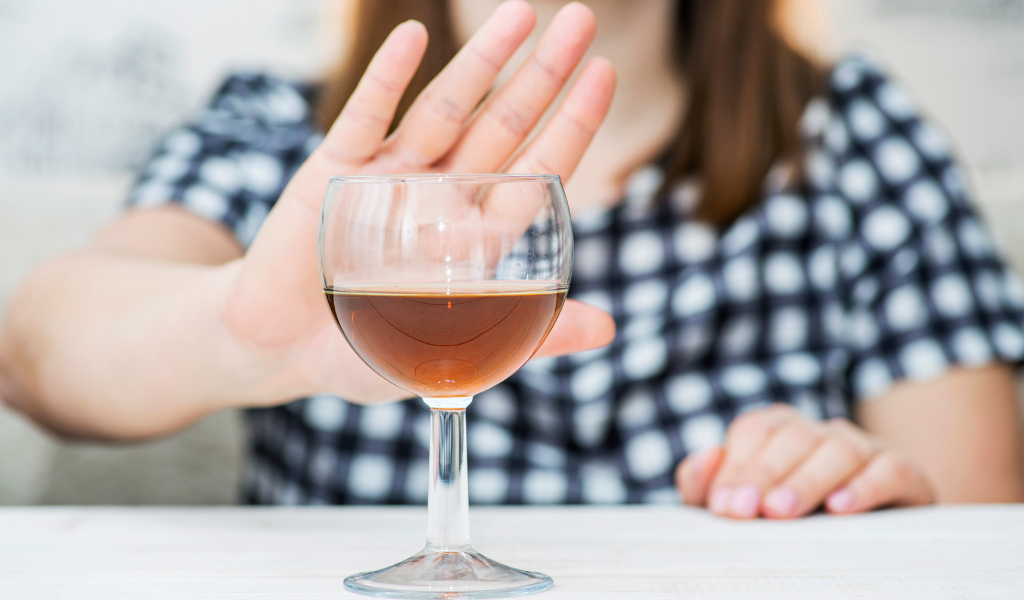
Tobacco and alcohol
Smoking and excessive consumption of alcohol can be detrimental to your overall health, but did you know that tobacco and alcohol can harm your fertility too?
Heavy drinking is linked to an increased risk of ovulation disorders and decreased levels of fertility. While there isn’t enough evidence to say how much is too much, we recommend avoiding consuming all alcoholic beverages during stimulation.
Going one step further, if you really want to boost your overall health, you should also try to limit your alcohol consumption in the 90 days before you start your cycle.
Tobacco products, including vaping, should also be strictly avoided during egg freezing. Research shows that smoking can be highly detrimental to a woman’s overall fertility, with the many toxins contained within tobacco disrupting hormone regulation and negatively impacting ovarian function.
Over time, smoking can also affect the quality and quantity of eggs retrieved during the egg-freezing process.
Caffeine
Most of us consume caffeine regularly without much thought, but it can affect our body’s natural function in a number of ways. Researchers in Denmark, for example, found that women who drank more than five cups of coffee per day reduced their chance of IVF success by up to 50%.
However, there doesn’t seem to be as much of an effect on female fertility if you limit your caffeine consumption to less than 200mg daily — that’s roughly equivalent to one to two cups of coffee.
Therefore, we advise you to be mindful of your caffeine intake and not exceed this recommended amount.

Intense exercise or high-impact activities
Exercise should always be a part of any healthy routine, but engaging in the right kind of exercise during egg-freezing treatment is critical.
To optimise the health of your eggs, you should avoid rigorous or high-impact activities that put stress on the body, such as running, HIIT, jumping or kickboxing.
During ovarian stimulation, your ovaries become enlarged, and intense exercise can cause ovarian torsion — a rare but dangerous condition that requires surgery.
During the stimulation phase and for ten days after while your ovaries recover, we recommend that you engage in gentle physical activity to boost your overall wellbeing. Activities like walking, yoga and swimming are all great alternatives to high-impact exercises.
Stress
When we feel stressed, our bodies produce more cortisol — the body’s main stress hormone — which can negatively impact fertility and egg quality.
Stress disrupts the delicate balance of hormones in the body, which is why women experiencing stress often report delays in ovulation or anovulation (meaning no ovulation occurs)..
Although stress is impossible to avoid altogether, you can work on how you respond to the everyday stressors in your life. Egg freezing treatment can be intense, so it’s vital to ensure that you have a strong support network in place. Consider taking up an activity such as meditation, relaxation, acupuncture or gentle yoga, as these can all help with stress management.
Sexual activity
During various stages of the egg-freezing cycle, sexual intercourse should be avoided due to an added risk of complications or pregnancy.
During the stimulation phase, sexual activity can increase your risk of ovarian torsion. Since you will also be highly fertile in the days leading up to and after your egg retrieval procedure, we advise that you abstain from sexual intercourse to avoid getting pregnant.

What to eat during egg freezing
Maintaining a healthy, balanced diet is one way to ensure optimal egg health. This includes eating plenty of lean proteins, fruits, vegetables, whole grains, healthy fats and ensuring adequate hydration.
Insulin and blood sugar also play a key role in ovulation and egg maturation, so maintaining a diet that regulates blood sugar levels and insulin resistance is best for ensuring healthy, mature eggs.
Egg quality can also be improved by nutrients like iron, folate, vitamin D, B12, omega-3 fatty acids and zinc.
Foods with high levels of antioxidants are also recommended as they help reduce free radicals — these can be found in brightly coloured fruits and vegetables. Here are some great options to incorporate into your diet:
- Broccoli
- Berries
- Avocados
- Beans and lentils
- Liver
- Full-fat dairy
- Dried nuts and fruits
- Egg yolks
- Salmon
- Walnuts
Supplements can also help support a healthy diet, especially if you have any dietary restrictions. However, you should discuss the best supplement for you with your fertility specialist.
Boost your likelihood of a successful egg freezing
Many factors can affect your chances of egg freezing success, a lot of which you don’t have any control over.
Therefore, it’s important to prioritise what you do have control over. By following our recommendations and the specific advice of your fertility consultant, you will give yourself the best chance of achieving your future family planning goals.
Book a free advisory consultation today or get in touch with our team of fertility experts to find out more.
Sources
- https://www.hfea.gov.uk/treatments/fertility-preservation/egg-freezing/
- https://www.ncbi.nlm.nih.gov/pmc/articles/PMC5504800/
- https://pubmed.ncbi.nlm.nih.gov/30142473/
- https://pubmed.ncbi.nlm.nih.gov/8885914/
- https://www.sciencedaily.com/releases/2012/07/120703120659.htm
- https://gremjournal.com/journal/0203-2022/female-infertility-as-a-result-of-stress-related-hormonal-changes/
Introducing
Buy Now Pay Later
Payments in instalments. No credit checks! Quick applications! Select at checkout
Working with
